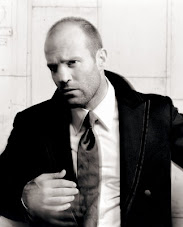They have a regular feature there where they “Deathwatch” restaurants for a variety of reasons (losing a chef, bad NYT review, horrible concept from day #1, etc).
Last week they deathwatched Suba, one of my favorite NYC tapas joints bc of bad location (Rivington) for that type of dining (aka expensive).
What is interesting is the debate in the ‘comments’ of this Deathwatching that has ensued since it occured. The commenters raise a question (which I am sure has been raised 100 kajillion times) which is—what is the power of industry-focused blogs like this? And what is their responsibility to those establishments/people that they write about?
If you are stating an opinion that could potentially impact an individual or entity, what is your ethical liability?
Is there an answer to this already that I am missing?
Some comment highlights:
“This is a case where Eater is trying to make news not reflect on it. I frankly think it is irresponsible to deathwatch restaurants unless they are truly teetering on the edge. People put a lot of time and money into places and for some blog to create rumors of a potential closing can kill a business. Oh well. Guess that’s why they work at a blog instead of running a restaurant.”
“I guess it would be cool if Eater was powerful enough to close a restaurant. But I doubt that is true. so get over it. “
“As for the Deathwatch itself, yes it’s fucked up and parasitic for Eater to try to boost their readership by dancing on the grave of other people’s ambitions. It’s one thing to have an editorial viewpoint about whether a place is good or bad (which Eater doesn’t even try to do and in this case actually seems to think Suba is good), but this is just dumping on other people’s jobs and livelihood. What’s the point? Time to kill Deathwatch, and maybe even inject some positive news in here. The business is hard enough without parasites shitting on restaurants, particularly good ones.”




No comments:
Post a Comment